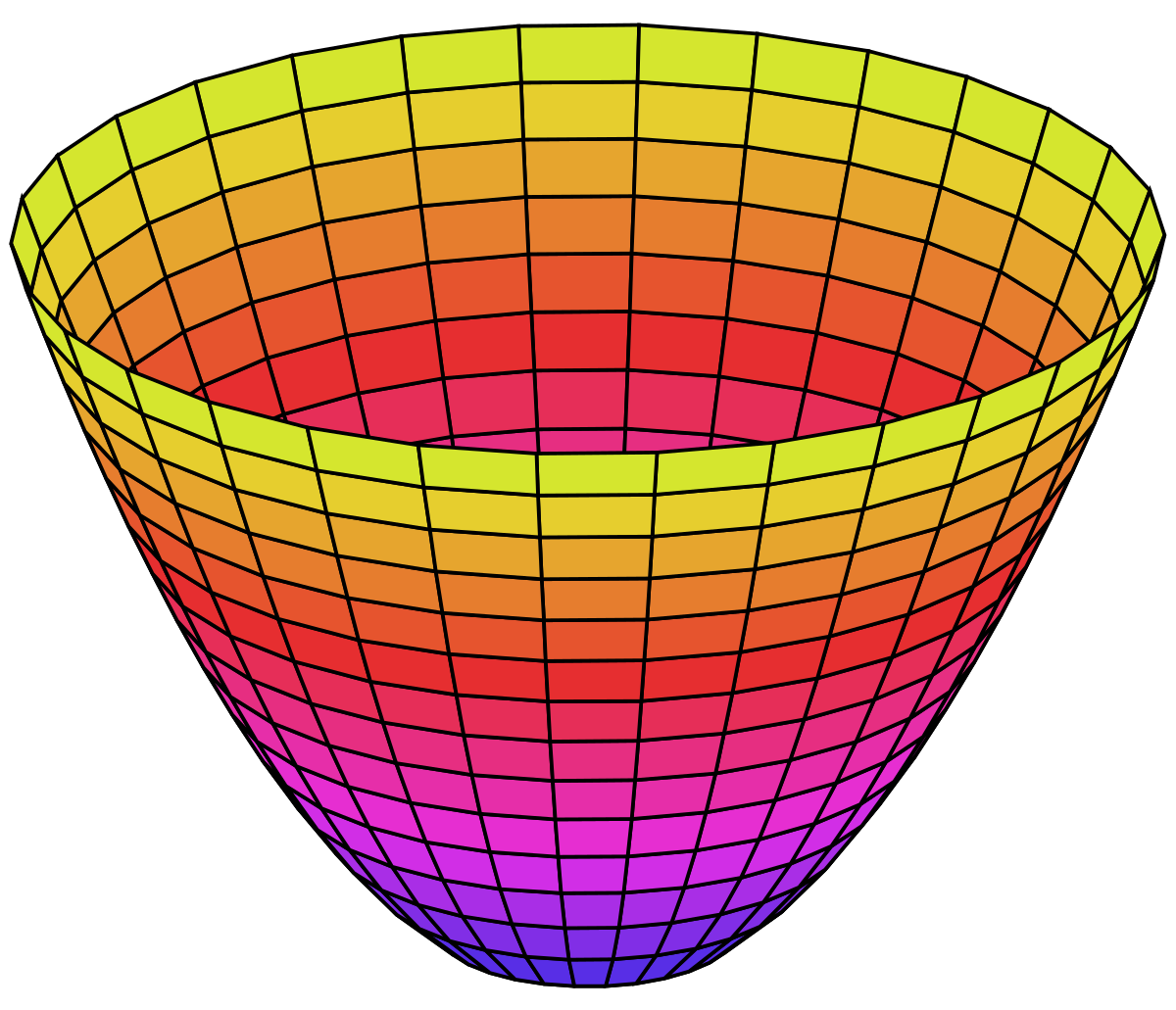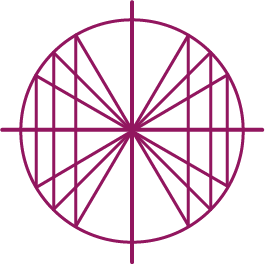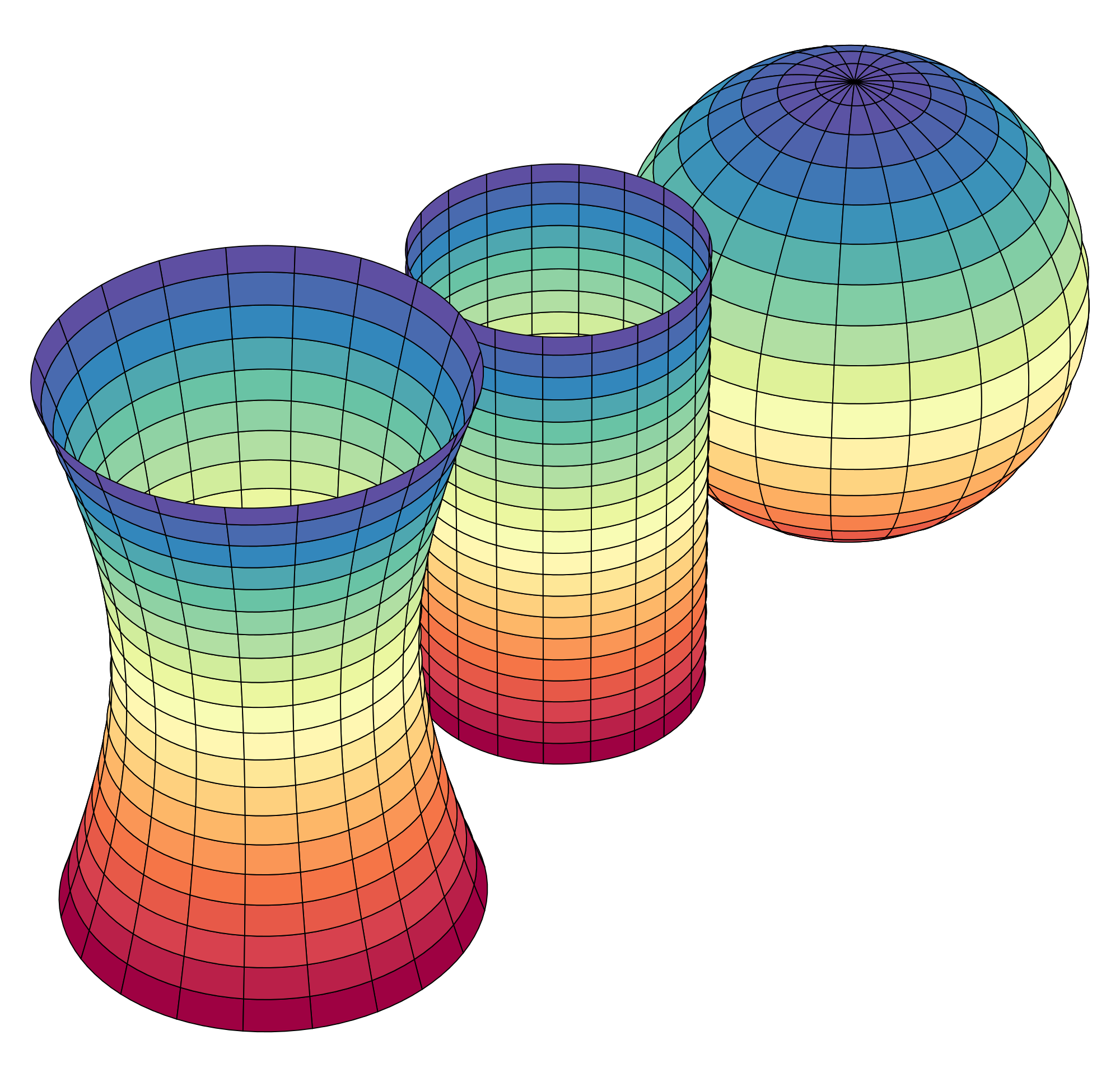Frequently Asked Questions
Do distance courses earn regular university credit?
Yes. Credit is earned through Roger Williams University, a fully-accredited institution of higher learning located in Providence, Rhode Island, USA.
Distance Calculus courses are just regular sections of Calculus, but taught in the "distance format".
You may see the Roger Williams University Accreditation statement..
Are the classes graded?
Students earn a letter grade (A,B,C,D,F) based upon their academic performance in the courses.
Distance Calculus courses may not be taken on "pass/fail".
Must I take all of the Distance Calculus courses?
No. You can pick which Distance Calculus course you wish to take, and just take that one.For example, you may have completed Calculus I and Calculus II at your home college/university/school, and you wish to take Calculus III via Distance Calculus. This is definitely OK. We need only to verify you have completed these prerequisite courses to enroll you in Multivariable Calculus via Distance Calculus.
Is credit earned in these distance courses transferrable?
Each educational institution makes up their own requirements for accepting transfer credit.
Please see our Transferring Credits page for more information on this question.
How do I get an Official Transcript with my completed Distance Calculus courses on them?
After you have completed your Distance Calculus course, your grade will be submitted to Roger Williams University, and in about 1-2 weeks your official transcript will be available for you to have sent to your home institution or other destination.
When does the course begin?
Distance Calculus courses begin immediately after registration. You can begin a course whenever you wish.
[Note: Regular Roger Williams University students must follow the academic calendar established by their major/college, and must start a Distance Calculus course on the semester begin dates as established by the College. ]
When will the course end?
A Distance Calculus course ends when you have finished all of the work for the course, and the instructor is satisfied with your work, and you have successfully completed the final examination(s). This time of completion is really up to you, and does not have to follow the regular academic calendar.
What do I need?
You need a computer and an Internet connection. The computer should be "newish", and be one of the following:
- Windows 10, 7, XP, Vista; or Macintosh OSX 10.3-10.14, or Linux
- 500 Mhz or faster
- 256MB RAM or higher
- 20GB Harddrive or larger
- Reliable high-speed internet connection
What is the Maximum Time allowed to complete a single course?
Roger Williams University affords 12 months from the Date of Enrollment to complete any of the Distance Calculus courses.
How Do I Register?
Fill out the on-line version of the Distance Calculus Application. The entire process is handled electronically (securely), and we get you started in the course while the administrative tasks at Roger Williams University grind their way through.
Is There Financial Aid Available?
Short Answer: No.Distance Calculus does not offer any scholarships or financial aid packages directly.
Roger Williams University does not offer any financial aid services to Distance Calculus students, as being enrolled in Distance Calculus means you are a part-time, non-degree-seeking student at Roger Williams University, thus not eligible for financial aid services nor consideration.
If you are taking a single Distance Calculus course, and enrolled at your home institution full-time, then you probably will not be able to use any of that financial aid package to cover the cost of your Distance Calculus course at Roger Williams University. Most financial aid awards cannot be "shared" between institutions like that.
Many students also receive tuition assistance from their employers. These types of programs usually are on a reimbursement plan, where your employer will pay you back for the course costs after you complete the course. In these cases, you must pay the tuition to Roger Williams University yourself, and obtain reimbursement from your employer on your own. Some larger employers have "tuition vouchers" where they will work directly with Roger Williams University to pay a student's tuition. Check with your Human Resources department at your employer for information on what they offer.
Are There Tuition Payment Plans Available?
Unfortunately, no.
Roger Williams University does not allow any payment plan mechanisms to be applied to Distance Calculus courses.
After you submit your Enrollment Application, you will receive an email once you are admitted to Roger Williams University as a non-degree-seeking student, with instructions on paying your tuition for the Distance Calculus course. There is a grace period of 1 week to completion your tuition payment in full.
Courses Start At Any Time
Distance Calculus does not follow the traditional academic calendar, so you may enroll today - or next week, or next month - and start your course.
Finish the Course Quickly, If Needed
You may accelerate your pace and completion of the course - provided your skills warrant such progress. Your instructor will set your pace for you, and if you need to complete your course by a certain deadline, we will work with you to establish a pace that should be sufficient to meet your deadline. We cannot, of course, guarantee that you will finish your Distance Calculus bt a certain date, as the ability to complete the course is dependent upon your academic skills.
Each 4 credit-hour course is designed for a standard 14-week semester, with an expected student workload of 10-15 hourse per week. Some students have been able to finish such courses in 4-6 weeks (and not doing much other than Calculus during this period!)
Take 1 Course, Or Take Many - As You Prefer
You may take only 1 course from Distance Calculus - or you may take many, or even take the entire Calculus sequence. It is up to you. Many students will take, for example, Calculus II from Distance Calculus, where they took Calculus I at their primary college/university, and then take Calculus III at their primary college/university.
You do not need to take all of your Calculus courses through Distance Calculus. But, of course, you may if you wish.
Is There a Non-Credit Option?
No. With the advent of MOOCs (Massive Open Online Courses), the need for noncredit courses are handled quite well by these free alternatives, like edX, Coursera, Khan Academy, MITOpenCourse, etc.
GI-Bill and Yellow Ribbon Program Benefits
Unfortunately, Roger Williams University is unable to offer support for GI-Bill / Yellow Ribbon Program benefits to students enrolled in the Distance Calculus program.
Students who enroll in Distance Calculus are classified as "non-matriculating students", which means these students are not seeking a degree from Roger Williams University. This has pluses and minuses - the pluses include the flexible enrollment, the streamlined enrollment process, and individualized timeline completion for your courses; the minuses include not being able to support financial aid awards like the GI-Bill/Yellow Ribbon which have stricter requirements that just do not fit with the flexible nature of Distance Calculus.
 Freshman Math Courses
Freshman Math Courses
- Applied Calculus for Business [3 credits] [3CR]
- Applied Calculus for Life Science [3 credits] [3CR]
- Calculus I[4 credits] [4CR]
- Calculus II[4 credits] [4CR]
 Sophomore Math Courses
Sophomore Math Courses
- Multivariable Calculus III [4 credits] [4CR]
- Differential Equations [3 credits] [3CR]
- Linear Algebra [4 credits] [4CR]
- Probability Theory [3 credits] [3CR]
 Honors Math Courses
Honors Math Courses
- Honors Calculus I [5 credits] [5CR]
- Honors Calculus II [5 credits] [5CR]
- Honors Calculus I+II for Data Science [5 credits] [5CR]
- Honors Multivariable Calculus [5 credits] [5CR]
- Honors Differential Equations [4 credits] [4CR]
- Honors Linear Algebra [5 credits] [5CR]
- Honors Linear Algebra for Data Science [5 credits] [5CR]
 Lower Division Math Courses
Lower Division Math Courses
- Precalculus with Trigonometry [4 credits] [4CR]
- Introductory Statistics [4 credits] [4CR]
- Finite Mathematics [3 credits] [3CR]
- Discrete Mathematics [4 credits] [4CR]
 Upper Division Math Courses
Upper Division Math Courses
- Computational Abstract Algebra [4 credits] [4CR]
- Computational Differential Geometry [4 credits] [4CR]

